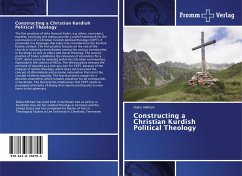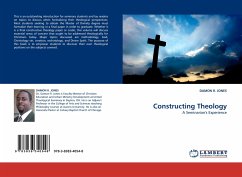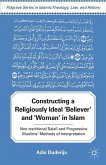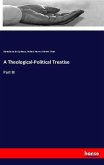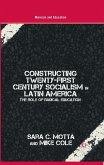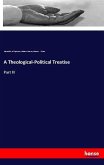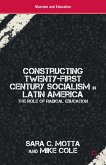The five practices of John Howard Yoder, e.g. ethics, economics, equality, sociology and dialog, provide a useful framework for the construction of a Christian Kurdish political theology (CKPT), if presented in a language that takes into consideration the Kurdish Islamic context. The first practice focuses on the role of the church in initiating reconciliation among the various communities in Kurdistan as well as ethics and moral theology. The second practice of Yoder establishes the relevance of economics for a CKPT, which could be modeled within the Christian communities, especially in the context of NGOs. The third practice stresses the principle of equality as a sine qua non for CKPT, because of the impasse of Islamic theology, which does not transcend the concept of dhimmitude and extreme nationalism that resist the concept of ethnic equality. The fourth practice argues for a dynamic citizenship, which initiates pluralism for all communities in Kurdistan. The last practice emphasizes that CKPT needs to propagate principles of dialog that require participants to even listen to the adversary.
Bitte wählen Sie Ihr Anliegen aus.
Rechnungen
Retourenschein anfordern
Bestellstatus
Storno

